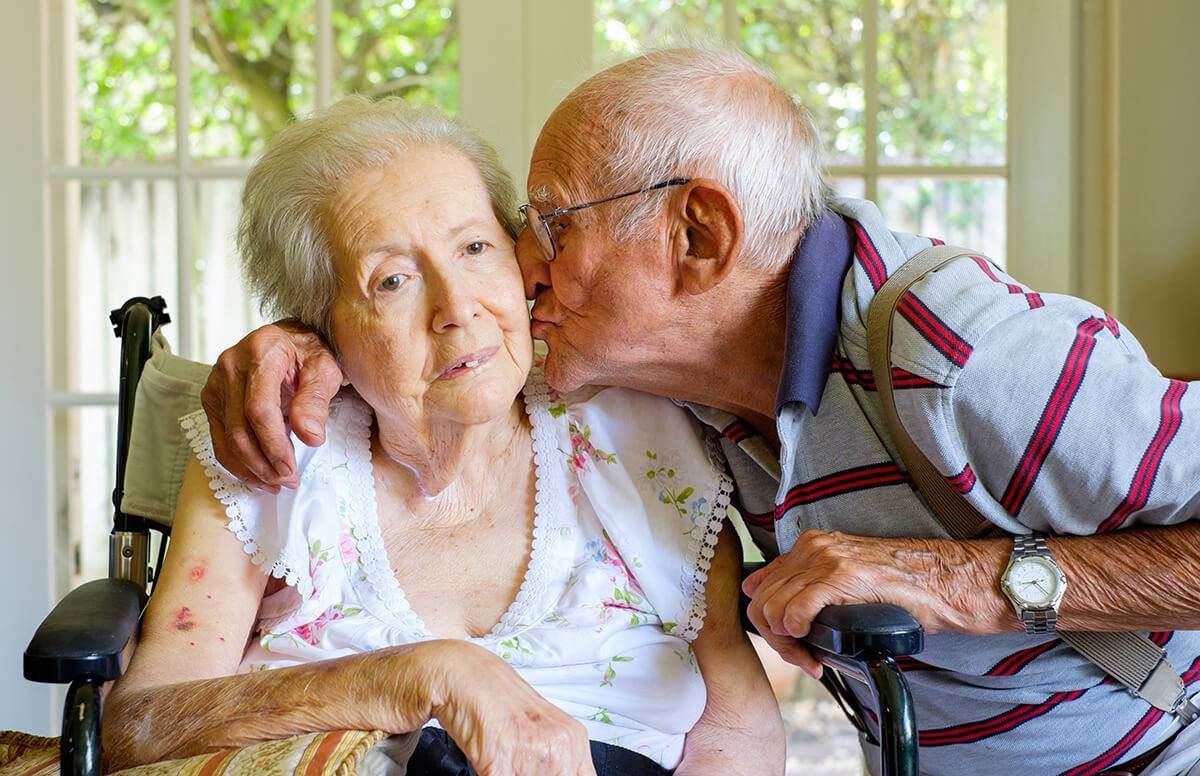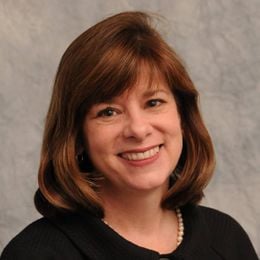Needed: More Community Support for People With Dementia
A 2017 Influencer in Aging notes some programs that are providing it
(Next Avenue invited our 2017 Influencers in Aging to blog about the one thing they would like to change about aging in America. One of the posts is below; we will be publishing others regularly.)

Our country has reached a critical moment. The aging of the baby boom generation and the fact that people are living longer is driving tremendous growth in the numbers of older adults. By 2030, one in five Americans will be age 65 or older. And statistics show that 90 percent of this population will want to age at home and in their communities.
To achieve this goal, older adults will likely need access to local services and supports — and their caregivers will need assistance, too. Providing those services is what members of the National Association of Area Agencies on Aging (n4a) do in every community across the country, enabling older adults to live independently in their homes and communities for as long as they are able. Aging at home is not only the choice preferred by consumers, it’s also more cost-effective for families and taxpayers — avoiding the cost of institutional care or unnecessary medical expenses.
Programs Supporting People With Dementia
A growing percentage of older adults who are aging at home and in the community are those who are living with Alzheimer’s or other forms of dementia. One in 10 older adults is living with dementia and more than 60 percent of them live in the community. For these older adults and their caregivers, access to home and community-based services is especially critical to maintaining their independence. Home and community-based services such as in-home assistance with daily tasks, transportation to medical appointments, adult day care, case management, dementia education and caregiver services are just a few programs available to individuals with dementia in communities around the country. The federal Eldercare Locator can connect individuals with dementia to these and other resources.
But to truly ensure that older adults (especially those living with dementia) can live well, services — as important as they are — are not enough. We must also ensure that communities are prepared to support people with dementia. That’s where programs like Dementia Friendly America come in, by helping all sectors of the community — business, health care, banking and financial, faith, law enforcement and others — recognize the symptoms of dementia and realize the role they can play in making the community more welcoming to people living with dementia as well as their care partners. Launched in 2015, there are currently dementia-friendly communities in 28 states.
Become a Dementia Friend
Building on this movement, this year Dementia Friends USA kicked off efforts to provide opportunities for individuals to learn more about dementia and ways that we all can help support people in our daily lives. To become a Dementia Friend, all you need to do is to take a short training course and pledge to support people living with dementia in your community.
This topic is so important that n4a and the Eldercare Locator have made community supports for people living with dementia the focus of our annual Home for the Holidays campaign. Our soon-to-be-released publication, Living Well with Dementia: Community Tools and Resources, will help ensure that older adults living with dementia and their care partners are aware of the community resources available to make life with dementia — or caring for someone with dementia — just a bit easier.
All older adults have the right to age at home for as long as they are able. Now we need to make sure this is possible for all older adults including those living with dementia. Millions of older adults are depending on us.


